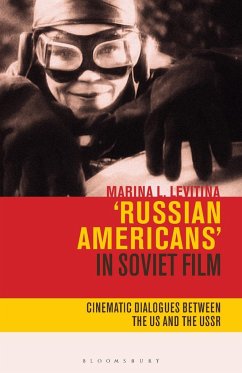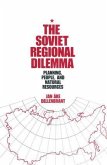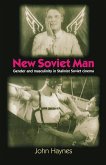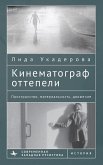Certain aspects of American popular culture had a formative influence on early Soviet identity and aspirations. Traditionally, Soviet Russia and the United States between the 1920s and the 1940s are regarded as polar opposites on nearly every front. Yet American films and translated adventure fiction were warmly received in 1920s Russia and partly shaped ideals of the New Soviet Person into the 1940s. Cinema was crucial in propagating this new social hero. While open admiration of American film stars and heroes of literary fiction in the Soviet press was restricted from the late 1920s onwards, many positive heroes of Soviet Socialist Realist films in the 1930s and 1940s were partially a product of Soviet Americanism of the previous decade. Some of the new Soviet heroes in films of the 1930s and 1940s possessed traits noticeably evocative of the previously popular American film stars such as Douglas Fairbanks, Pearl White and Mary Pickford. Others cinematically represented the contemporary trope of the 'Russian American,' an ideal worker exemplifying the Stalinist marriage of 'Russian revolutionary sweep' with 'American efficiency. "Russian Americans' in Soviet Film analyses the content, reception and underlying influences of over 60 Soviet and American films, the book explores new territory in Soviet cinema and Soviet-American cultural relations. It presents groundbreaking archival research encompassing Soviet audience surveys, Soviet film journals and reviews, memoirs and articles by Soviet filmmakers, and scripts, among other sources. The book reveals that values of optimism, technological skill, efficiency and self-reliance - perceived as quintessentially American - were incorporated into new Soviet ideals through channels of cross-cultural dissemination, resulting in cultural synthesis.
Hinweis: Dieser Artikel kann nur an eine deutsche Lieferadresse ausgeliefert werden.
Hinweis: Dieser Artikel kann nur an eine deutsche Lieferadresse ausgeliefert werden.








